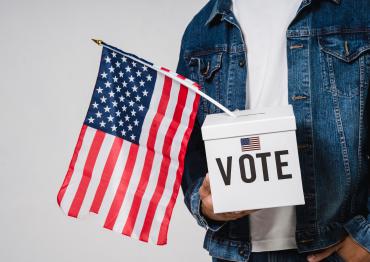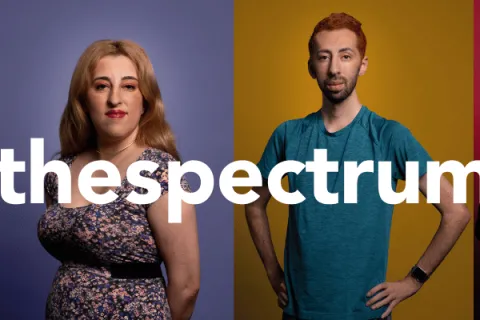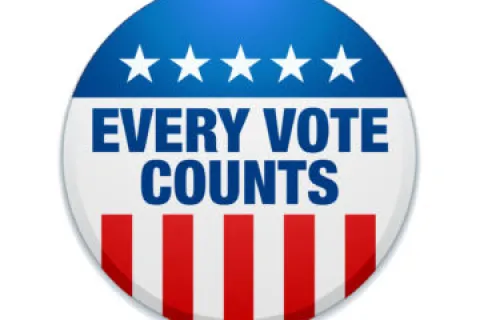Voting rights: Federal laws protecting voters with disabilities
Americans with disabilities, including autism, are entitled to vote – and should vote. Yet, a survey issued by the U.S. Election Assistance Commission (EAC) found that one in seven voters with disabilities reported difficulties voting in the 2022 midterms and the likelihood of encountering a difficulty as a disabled voter was significantly higher compared to a nondisabled voter — 20% to 6%, respectively.
With that in mind, we wanted to remind you that your ability to vote is protected by federal laws, and there are accommodations available to you. If you are reading this for someone who cannot read or write, federal law ensures they can vote, too.
These laws, including the Americans with Disabilities Act (ADA), the Help America Vote Act (HAVA) and the Voting Rights Act of 1965, say the following:
Voters with disabilities have the right to:
- Choose a voter registration option that works for you. Find out your state’s registration options here.
- Vote in private, without help
- Bring someone to help you vote
- Have an accessible polling place with voting machines for voters with disabilities
- Ask for accessibility accommodations that make it easy for you to vote. The Americans with Disabilities Act (ADA) checklist on polling place accessibility has information about what you can ask for. Service animal support are allowed and protected by this law.
Polling places must have:
- Wheelchair-accessible voting booths
- Entrances and doorways at least 32 inches wide
- Handrails on all stairs
- Voting equipment for people who are blind or visually impaired.
If you have a disability, you may:
- Seek help from poll workers trained to use an accessible voting machine, or
- Never be asked to take a test to see if you can vote.
Each state also has its own layer of protection for voters with disabilities to ensure equal access to voting
To find out what your state is doing, check out our voter registration guide by state. Click your state and then click the ‘Voting assistance for those with disabilities’ link underneath it.
What to do if something goes wrong on Election Day
If you believe that you were discriminated against because of your disability when voting, report your experience to the Department of Justice (DOJ).
If necessary, you can find a protection and advocacy agency in your state through the National Disability Rights Network.









